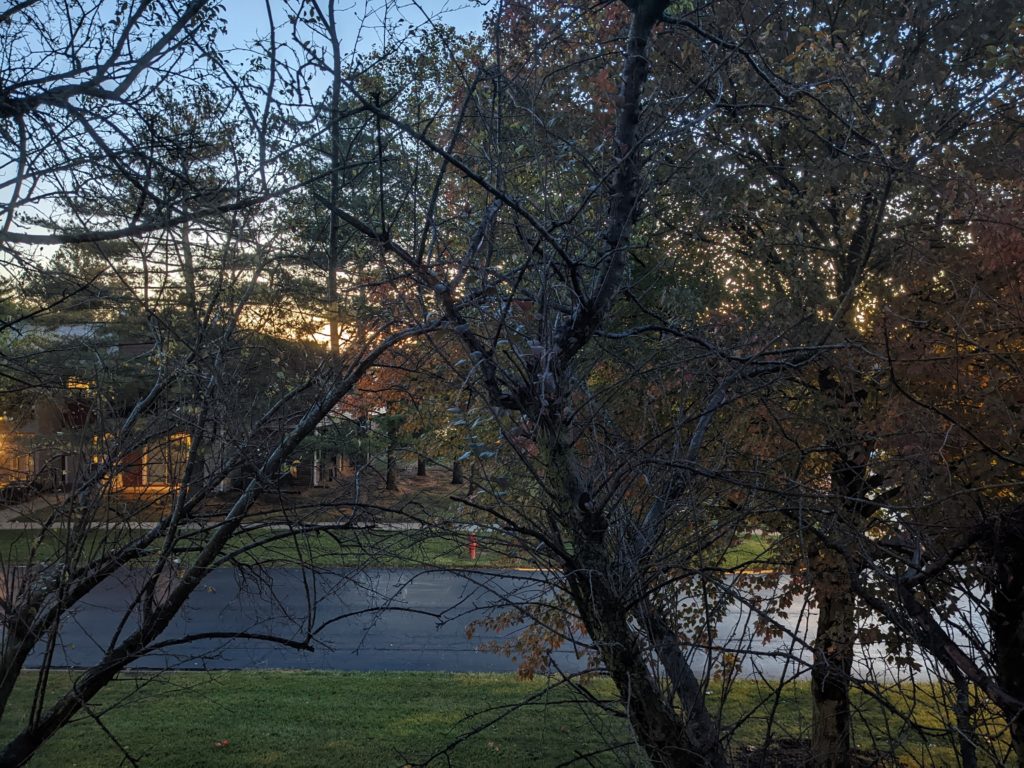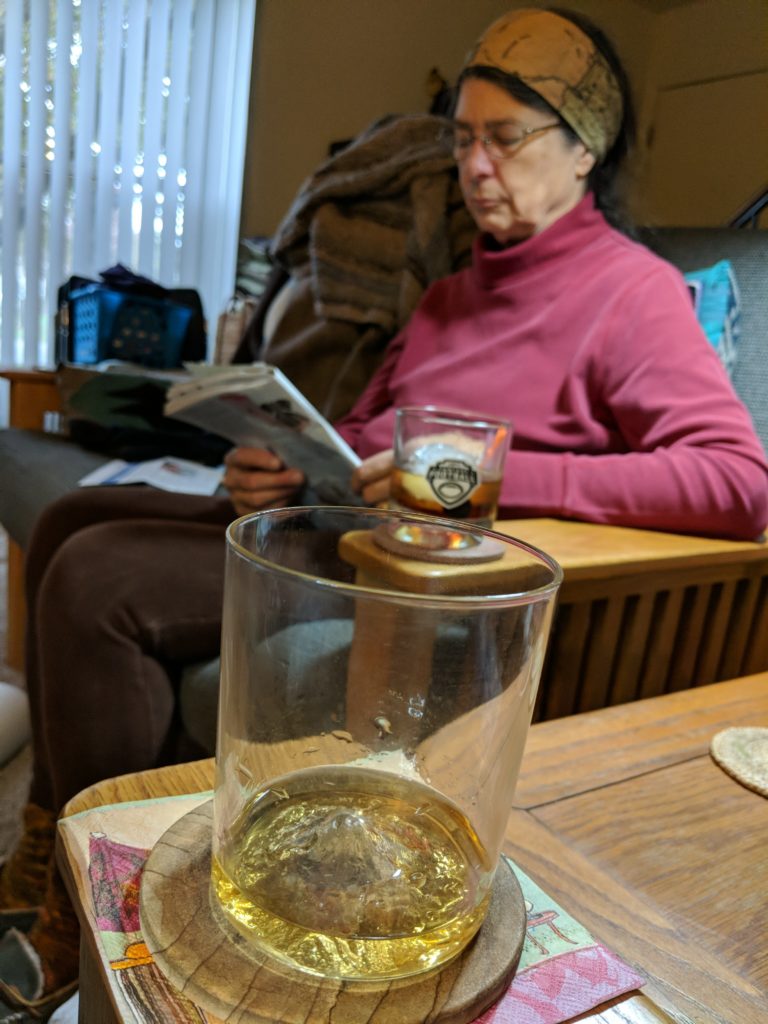My brother has a stock response when anyone says anything about their dreams: “I had a dream in which other people’s dreams were interesting.”
For a brief time when I was in high school, I experimented with lucid dreaming, and turned out to have a knack for it. It’s fun enough, but it didn’t seem like much of an accomplishment. I occasionally still do it, when I happen to notice that I’m dreaming. Mostly I just say, “Huh, I’m dreaming. Cool. I wonder how this dream goes. . . .”
I remember my father discouraging any tracking or analysis of dreams. As I understood it at the time, he figured dreams were a side-effect of the brain doing its daily housekeeping, and that your brain could handle all that stuff perfectly well on its own. Paying attention was much more likely to cause problems than it was to do any good.
I did have one insight into brain function that came, if not dreaming exactly, from an experience when I was mostly asleep.
I was on the verge of awaking, and some parts of my brain wanted to stay asleep while other parts were ready to wake up. I was able to perceive the related negotiations, and was very startled when one part of my brain flat-out lied to another (falsely claiming it was Saturday, so there was no need to get up early).
I was not surprised to perceive my brain as a bunch of competing impulses that push me in various directions and then cobble together an after-the-fact justification that “I” “decided” to do whatever it was those impulses added up to. But the idea that some of those impulses were not above lying to others to get their way was a surprise to me. I was so surprised it woke me up, which I hope was a good lesson to it on the virtues of honest discourse.


 Probably just another instance of “people who drink moderately have other healthy behaviors as well,” but very much in keeping with my preconceptions:
Probably just another instance of “people who drink moderately have other healthy behaviors as well,” but very much in keeping with my preconceptions: